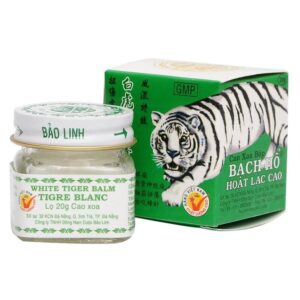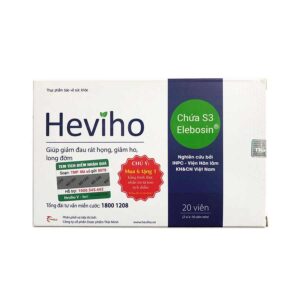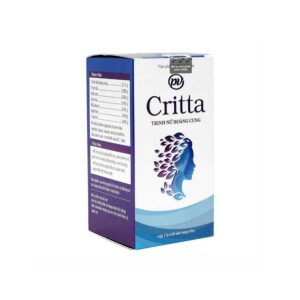Dopamine is an important brain chemical that affects your mood and feelings of euphoria and fun. Therefore, dopamine is also known as the happy hormone.
1. What is the hormone dopamine?
Dopamine is one of the important hormones in the brain that brings many effects to humans. Dopamine is involved in feelings of happiness, motivation, memory, the ability to focus and regulate body movements.
When the happy hormone dopamine is released in large quantities, you will have a feeling of euphoria, excitement, and increased inspiration. Conversely, low levels of dopamine will make you less motivated, less enthusiastic about everything around.
Normally, the hormone dopamine is controlled by the nervous system. However, you can apply certain methods to increase this happiness hormone.
2. 10 natural ways to increase the “happy hormone” Dopamine.
Eat a lot of protein:

Proteins are made up of smaller building blocks called amino acids. There are 23 different types of amino acids, some of which are synthesized by the body, others you must get from food. An amino acid, called tyrosine, plays an important role in the production of dopamine. Enzymes in your body are capable of converting tyrosine into dopamine so getting an adequate amount of tyrosine is important for dopamine production.
Tyrosine can also be made from another amino acid called phenylalanine.
Both tyrosine and phenylalanine are found naturally in protein-rich foods such as turkey, beef, eggs, milk, soybeans, and other legumes.
Studies show that tyrosine and phenylalanine in the diet can increase dopamine levels in the brain, promote focus, and improve memory. Conversely, when phenylalanine and tyrosine are removed from the diet, dopamine levels can be depleted.
Eat less saturated fat

Researchers have shown that the habit of eating a lot of saturated fats such as those found in tallow, butter, lard, palm oil, and coconut oil can disrupt dopamine connections in the brain.
Several studies have shown that a diet high in saturated fat can increase inflammation in the body, leading to changes in the dopamine system.
Velvet beans
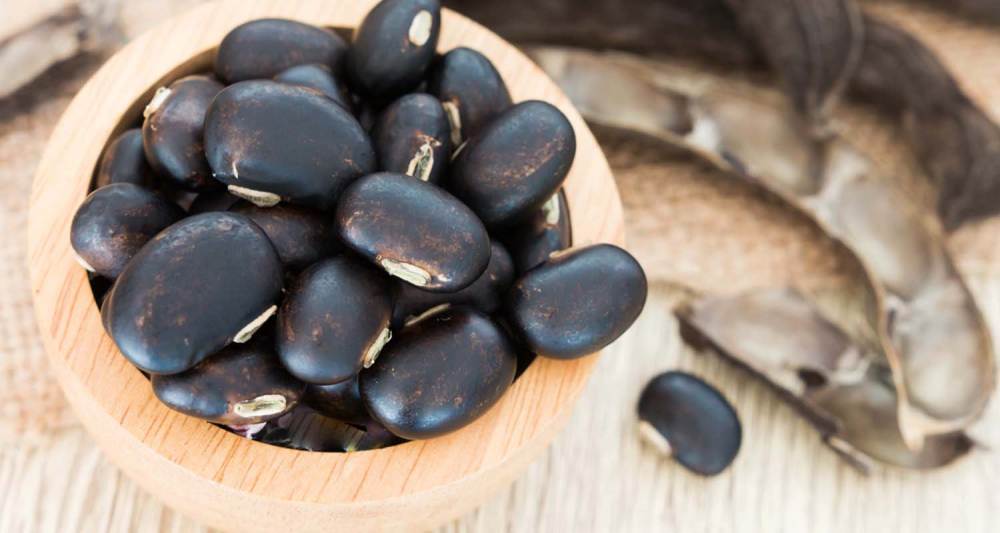
Also known as Mucuna pruriens, contains high levels of L-dpa, a precursor molecule for dopamine. Eating this bean can help naturally increase dopamine levels, especially in people with Parkinson’s disease, a movement disorder caused by low dopamine levels.
Velvet beans will be harmful if you use them in high amounts. Consult your doctor before changing your diet or supplementing with a natural source of L-dopa.
Exercise regularly

Regular exercise is recommended to increase endorphin levels and improve mood. Although the effects of exercise are not entirely due to changes in dopamine levels.
Regular exercise is also beneficial for people with Parkinson’s disease, a condition where low dopamine levels disrupt the body’s ability to control movements.
Get enough sleep

When dopamine is released, it creates a feeling of alertness. When you have to stay up all night, the level of dopamine in the brain drops significantly the next morning. Since dopamine promotes wakefulness, reducing the sensitivity of the receptors will make it easier to fall asleep, especially after a sleepless night.
Getting enough sleep helps balance dopamine levels and helps you feel more alert and perform better during the day.
Usually dopamine is released in the morning in large amounts and decreases in the evening before bedtime. Lack of sleep disrupts this natural rhythm.
You need to get enough sleep and should practice the habit of going to bed and waking up at the same time every day, reducing noise in the bedroom, avoiding caffeine in the evening.
Listening to music

Listening to music is a fun way to stimulate the release of dopamine in the brain. Several brain imaging studies have found that listening to music increases the activity of pleasure areas of the cerebral cortex, which are home to many dopamine receptors.
Meditation

Meditation practice process helps your mind to be in a quiet state, putting aside all worries to focus on the inner breath.
You can meditate standing, sitting or even walking. Regular meditation has been linked to improved mental and physical health.
Exposure to sunlight

Seasonal affective disorder is a condition in which people feel sad or depressed during the winter when they don’t get enough sunlight. Low periods of sun exposure can lead to decreased levels of neurotransmitters that make your mood heavy.
Be active in the early morning sunbathing. This activity will help your body produce more of the happy hormone dopamine.
Although sun exposure can increase dopamine levels and improve mood, it’s important to follow safety guidelines, as too much sun exposure can be harmful.
In general, it’s a good idea to limit sun exposure during peak hours when ultraviolet radiation is strongest, usually between 10 a.m. and 2 p.m., and wear sunscreen whenever the UV index is above 3.
Nutritional supplements
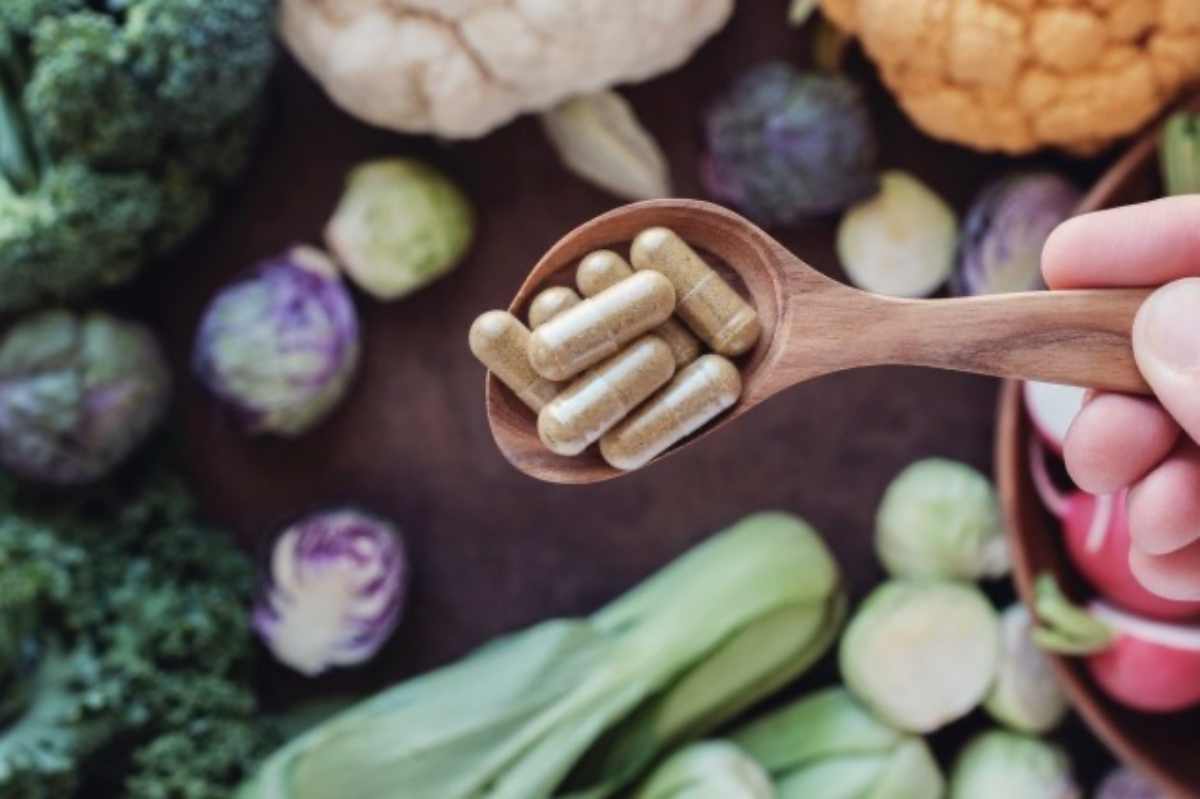
Your body needs certain vitamins and minerals to make dopamine. These include iron, niacin, folate and vitamin B6. If your body lacks one or more of these nutrients, you may have trouble making enough dopamine to meet your body’s needs.
In summary, a balanced diet and lifestyle can help increase your body’s natural production of dopamine and help your brain function at its best.






